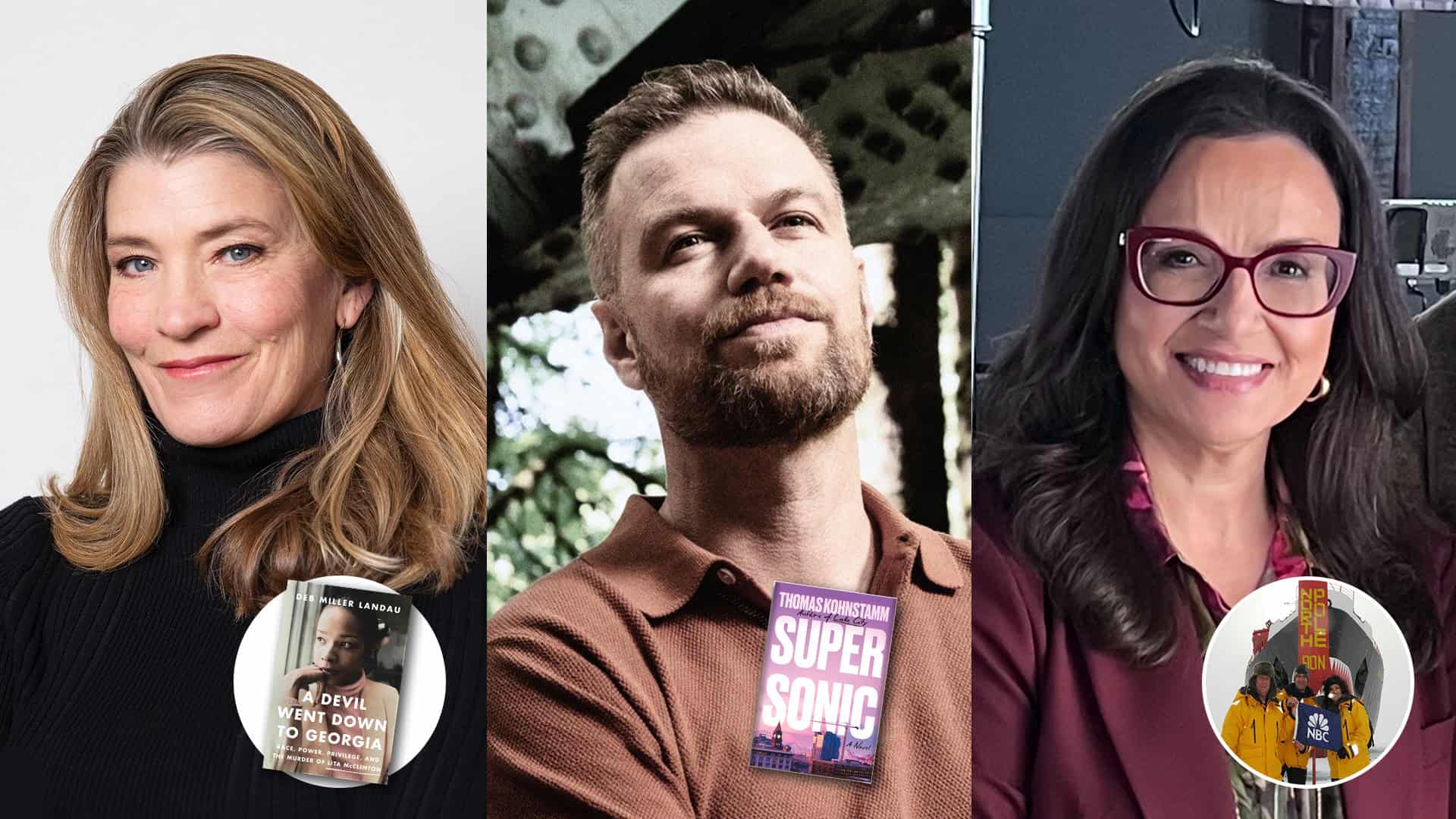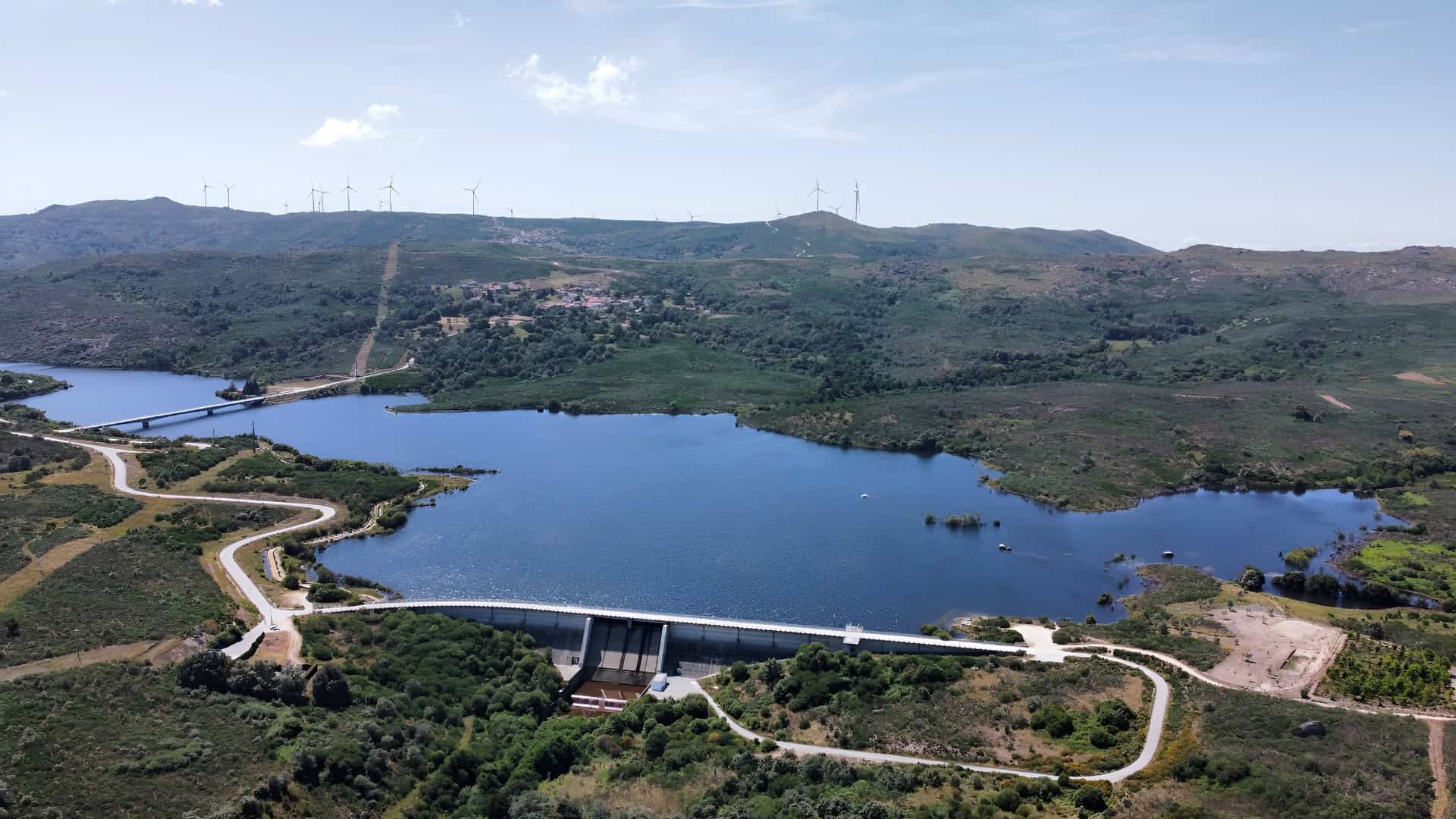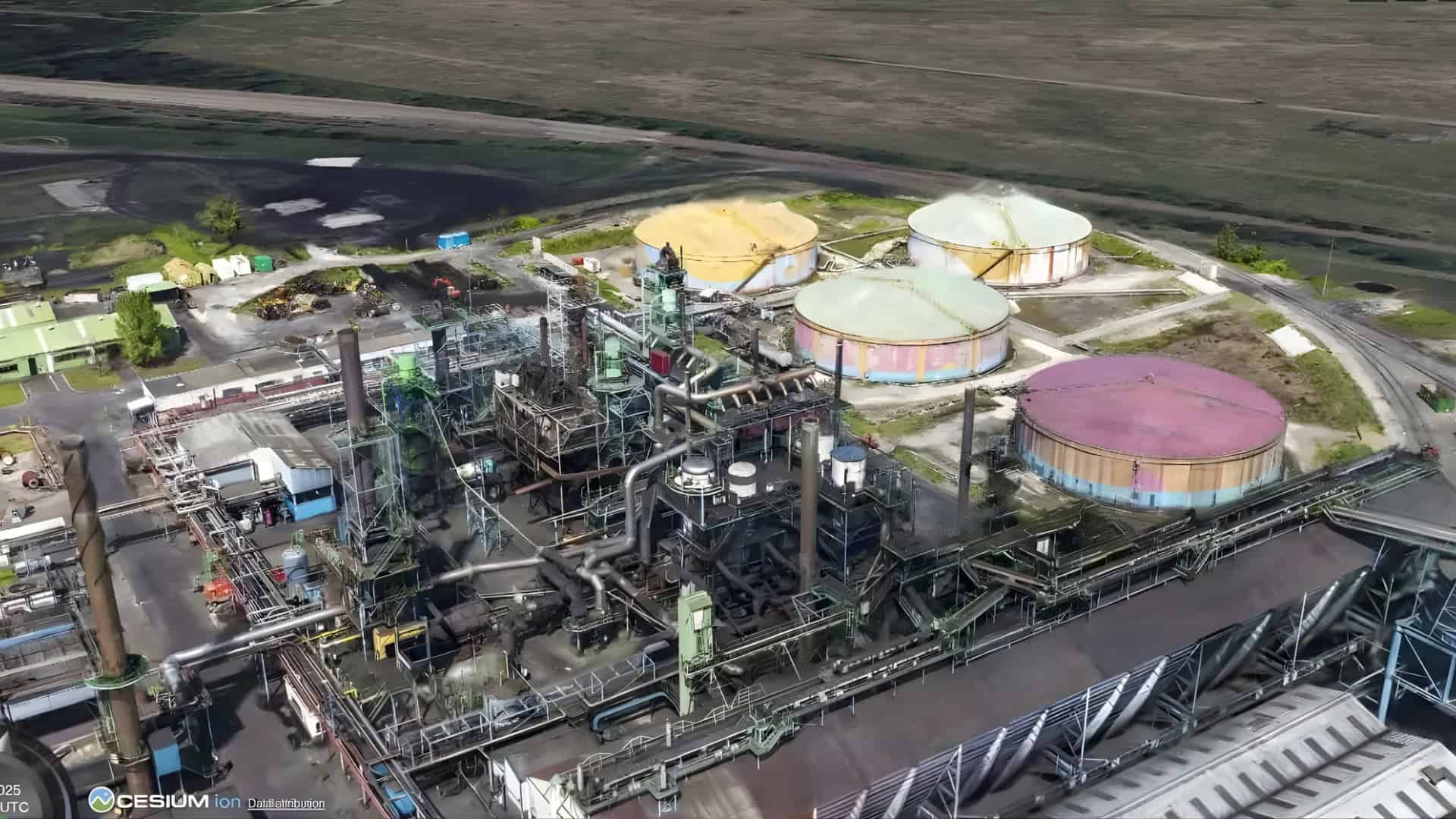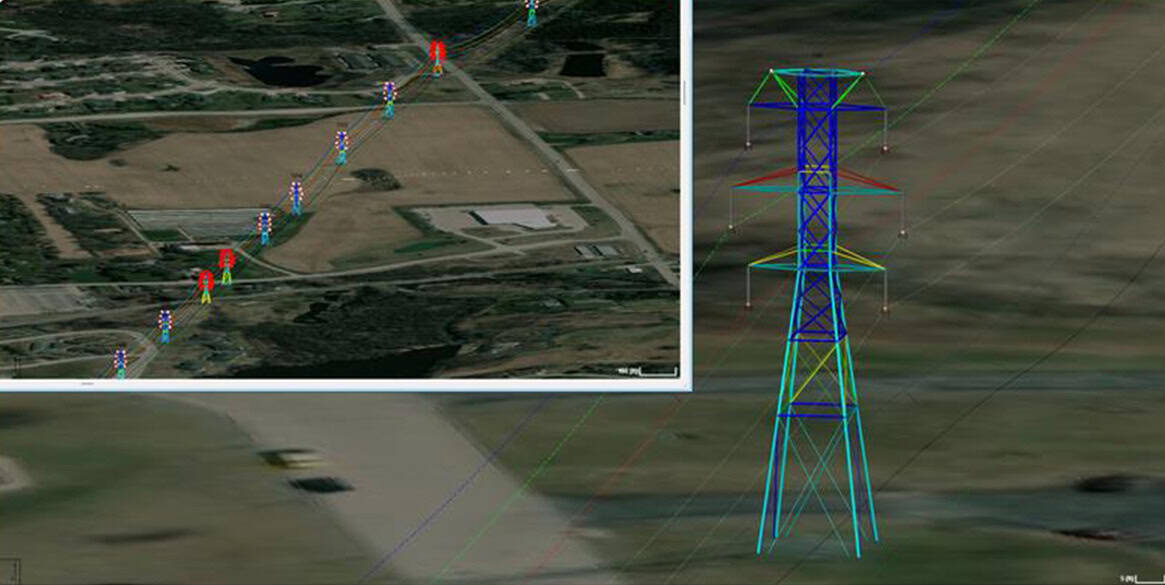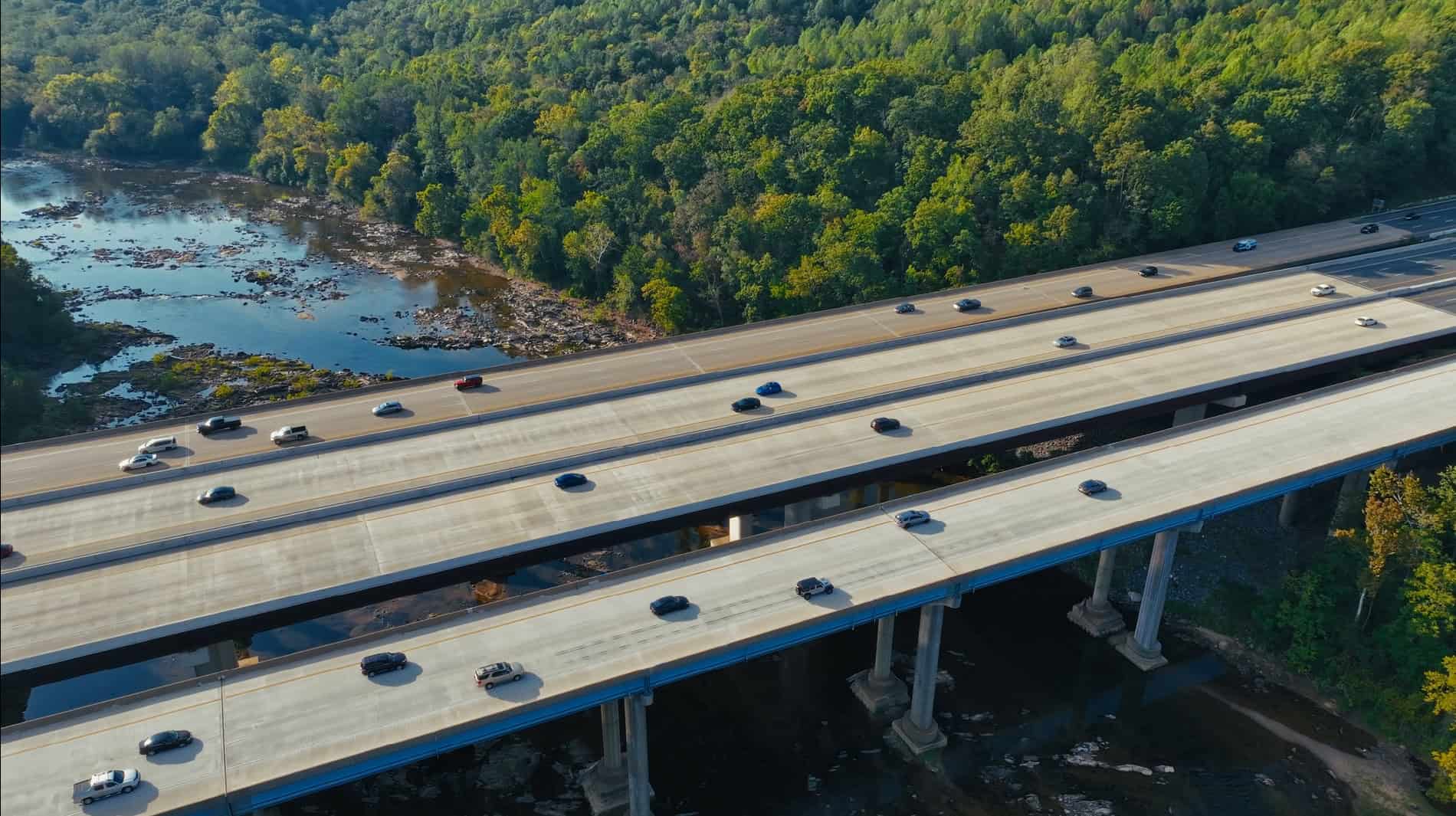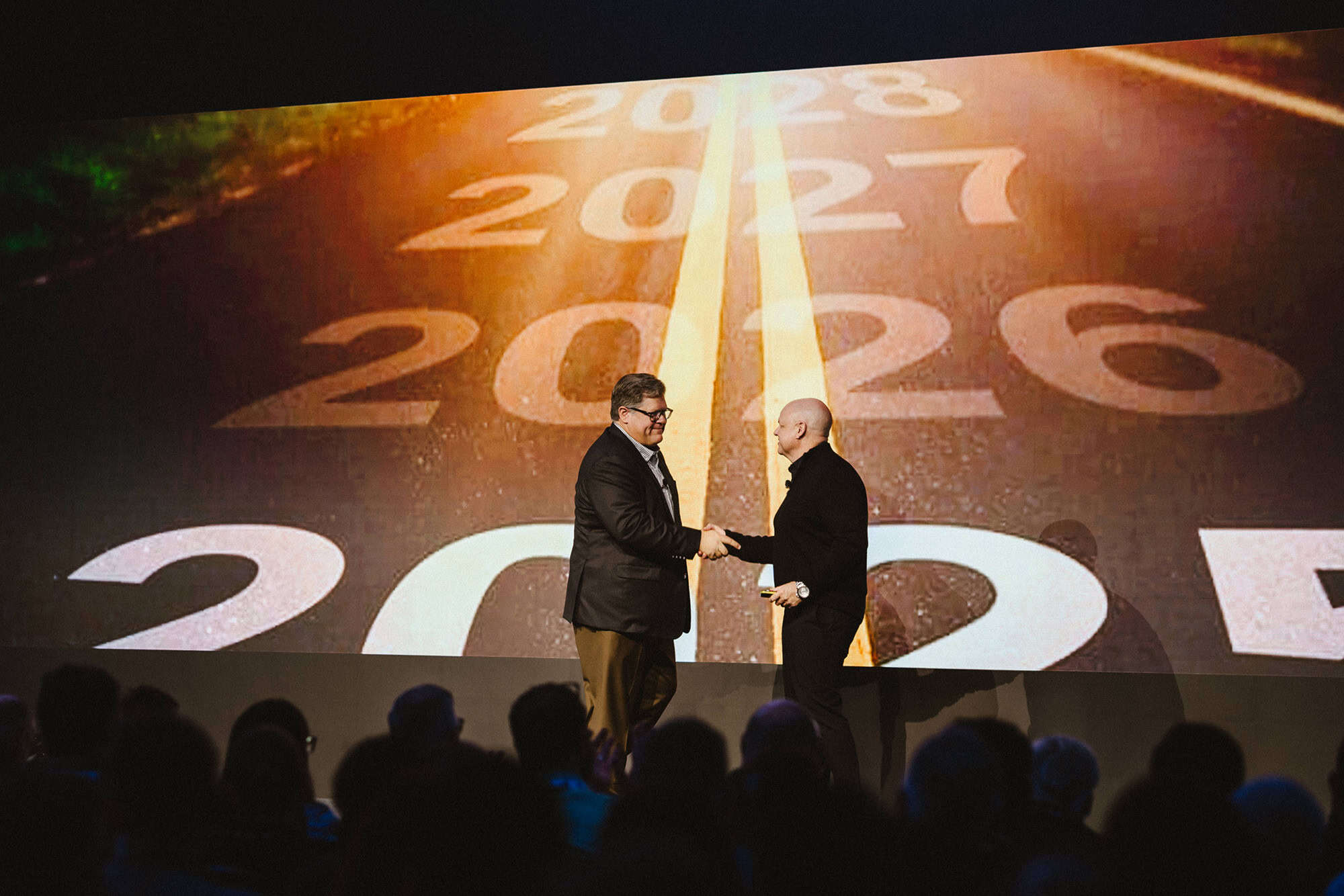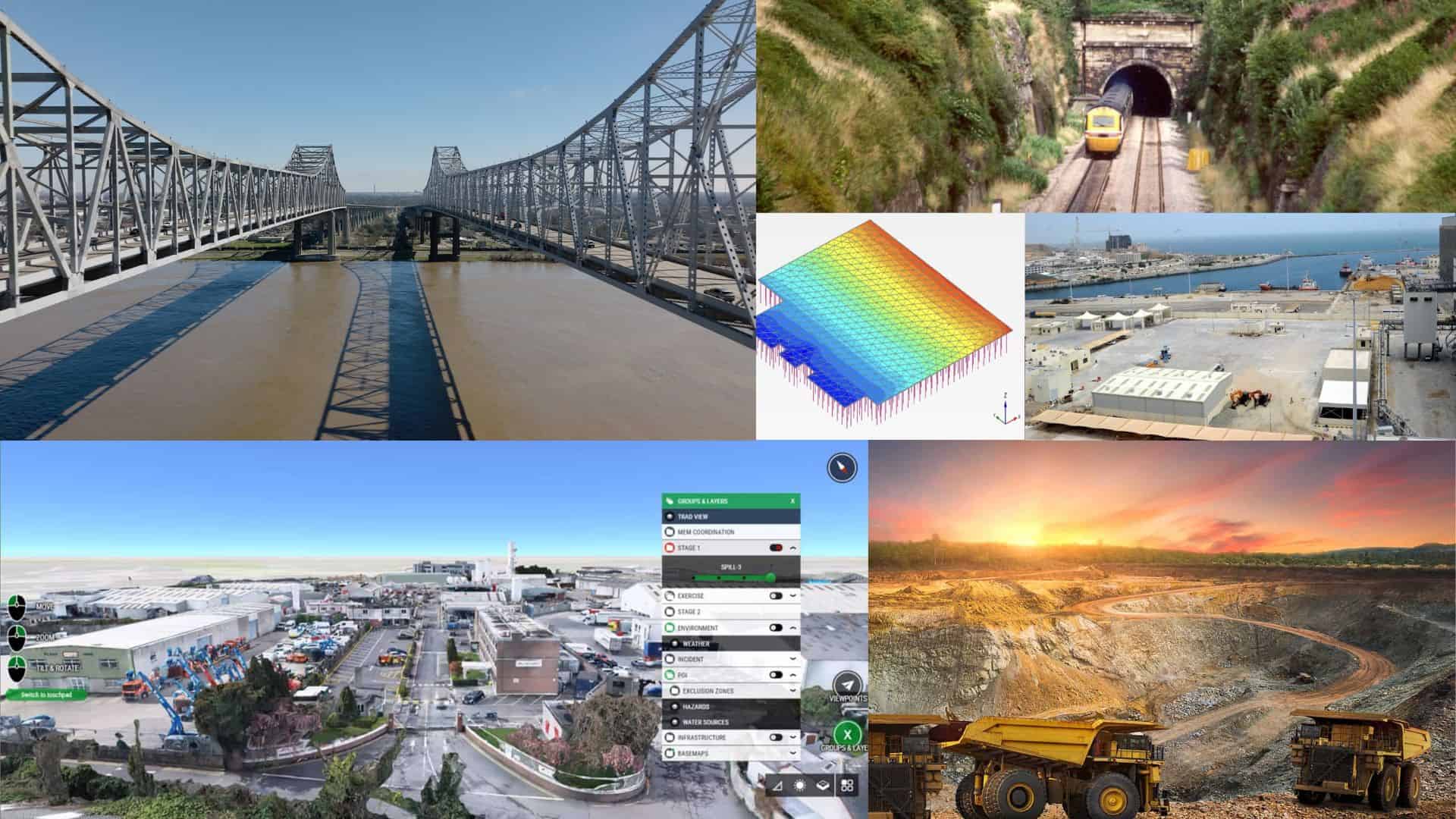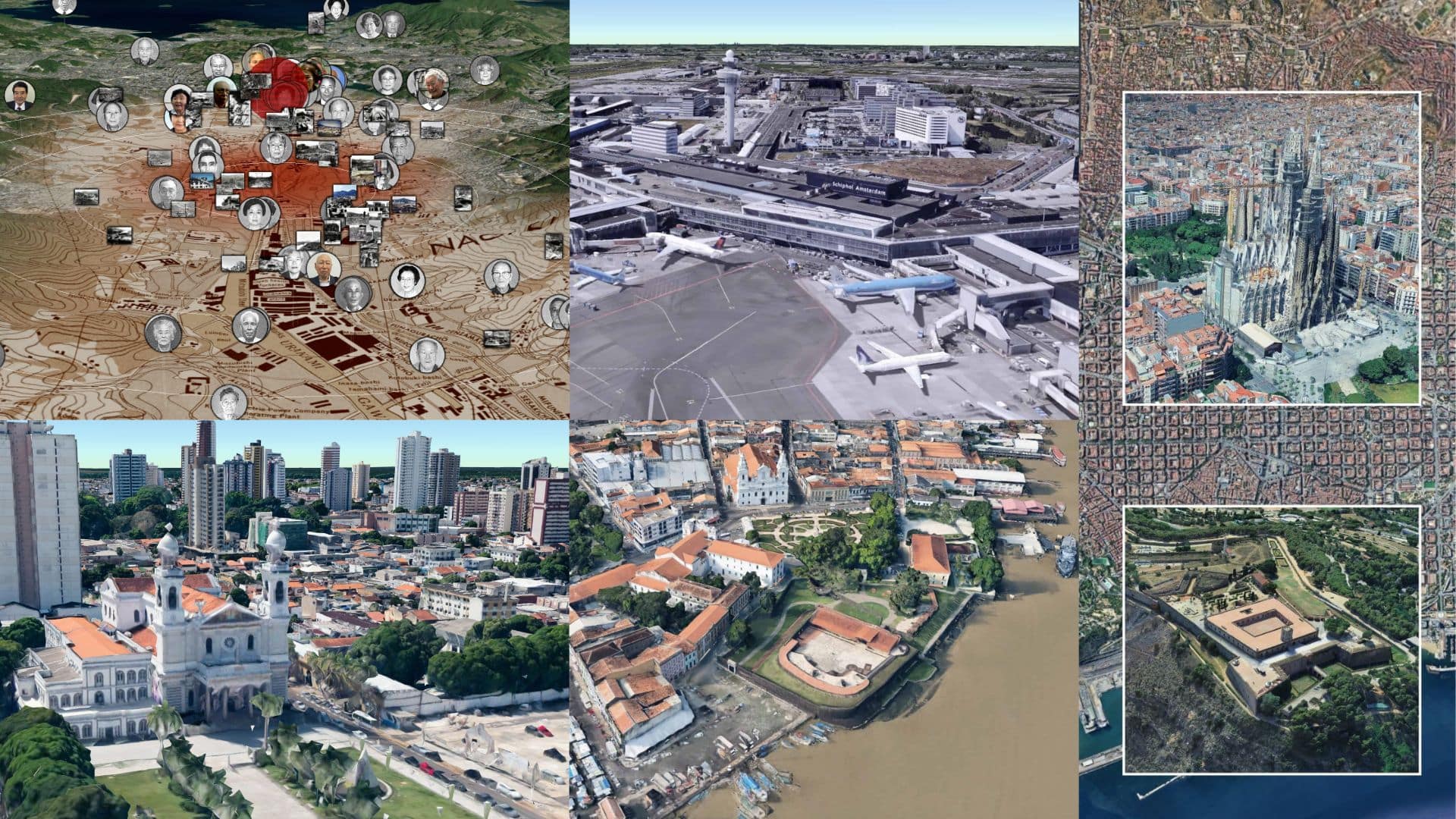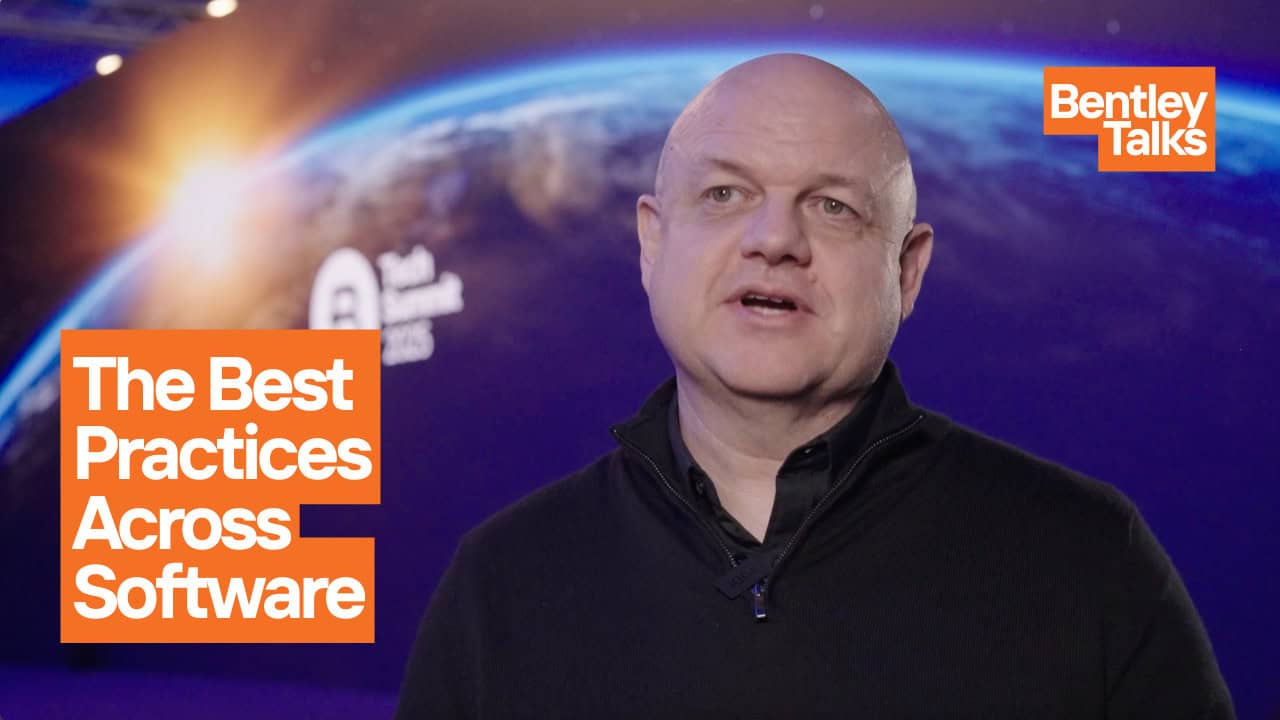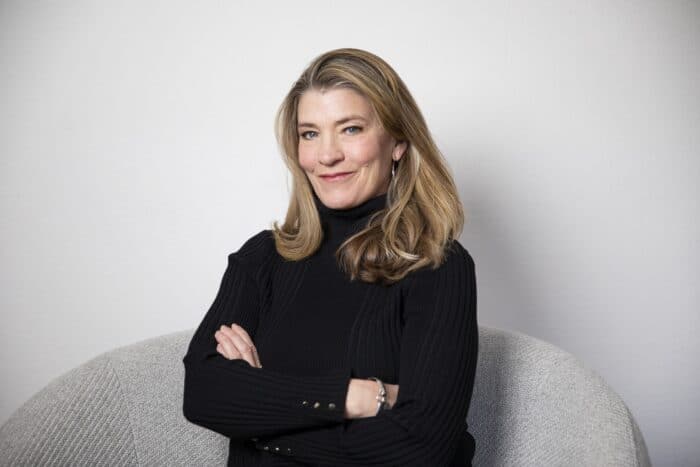 Image credit: Deb Landau.
Image credit: Deb Landau.As a writer, I care about a lot of things that, on the surface, seem like none of my business. I can sink my teeth into almost any story because I love research and un-tying knots of information, but the thing that unleashes my curiosity most is people. In this time of automation and AI, one thing remains true: people are endlessly fascinating. It’s the scar on a man’s face that makes it seem like he’s smiling when his eyes say otherwise. It’s the moment a person overcomes shyness or flashes vulnerability. It’s the way a tech executive lights up when she talks about pickleball, or how an engineer delights when his work is understood.
This curiosity and love of human connection has led me down many writing roads—I’ve written travel guidebooks and magazine articles, ghostwritten for CEOs, and penned blog posts for some of the world’s top tech companies. And, after carrying around a box of yellowing files for years, I published my first true crime book in August 2024. A Devil Went Down to Georgia; Race, Power, Privilege and the Murder of Lita McClinton (Pegasus Books) is a thrilling, fast-paced story about an interracial couple, the South, wealth, disparities in the justice system, and the 1987 murder of a Black socialite.
While researching and writing my book, I also wrote for Bentley. It may seem like distinct worlds, but writing stories about Bentley’s advancements in technology and infrastructure requires the same skills as writing about true crime: knowing how to parse out research, simplify the complicated, and connect with people. It’s been a thrill to learn how wildlife cross a high-elevation highway, how ancient geothermal aquifers generate heat under the streets of Paris, or how engineers are working hard to reduce the carbon cost of building infrastructure. Sitting on the shoulders of technologists and engineers opens my eyes to worlds and ideas I would’ve never known otherwise. For me, it is, and will always be, the people that make the best stories come to life.
—Deb Landau
A Devil Went Down to Georgia became the basis of a two-hour episode of 20/20 (“A Puzzling Murder,” now streaming on Hulu) and topped the list of Oprah Daily’s top true crime books of all time.
Tales of the City 2.0
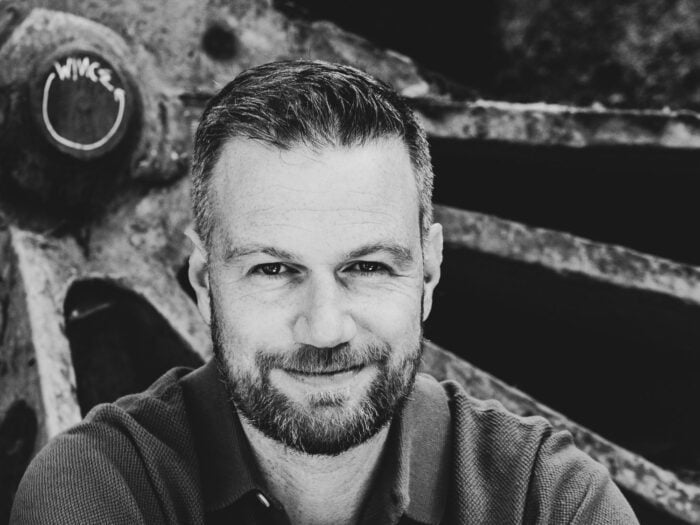 Image credit: Thomas Kohnstamm
Image credit: Thomas KohnstammMy upcoming third novel, Supersonic, explores interconnected lives across generations in an unnamed American city (that looks a whole lot like my hometown of Seattle). In many ways, it is the culmination of my lifelong dedication to writing.
The novel examines identity, displacement, and reinvention against the backdrop of the city’s evolution from the Gold Rush to the Jet Age to Big Tech. Writing Supersonic gave me the chance to explore the creation of an American city and how our sense of place and self are built from a tapestry of smaller, more intimate stories.
Over the years, I’ve written extensively about technology and the people who drive it, especially at big tech companies. Writing for Bentley has been particularly rewarding because it allows me to highlight technology with such tangible, real-world impact. I’m always fascinated to learn how Bentley’s technology is used to build sustainable cities or protect critical infrastructure—and I like to find out about the human ingenuity driving this progress.
Whether I’m working on a novel or an article about a new technology, storytelling is how I wrap my head around meaning and share that meaning with others. And by always writing and researching new ideas, I give my own life meaning in the process.
—Thomas Kohnstamm
Supersonic comes out on February 25, 2025. The book made Publishers Weekly’s list of noteworthy novels and collections for spring 2025.
Storytelling as a Superpower
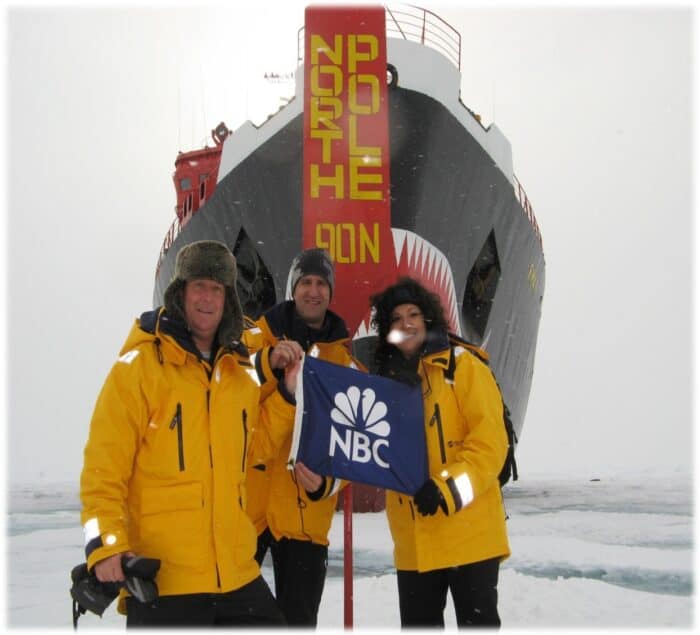 Nery Ynclan, right, standing on the North Pole. Image credit: Nery Ynclan.
Nery Ynclan, right, standing on the North Pole. Image credit: Nery Ynclan.I’ve told a lot of stories. I also teach others how to wield that power.
As a lifelong journalist, I’ve been at the door of the biggest news stories of the last decades, from trials such as the George Floyd murder, heart-gutting school shootings, hurricanes, earthquakes, and more scandals than there are TikTok dances. Some fun stories too—I’ve interviewed three presidents, swam with sharks, appeared in a circus act, and traveled to the ends of the earth—literally from the North Pole to Antarctica.
Last year, in my TV documentary, Menendez + Menudo: Boys Betrayed, I presented new evidence and told the story of the Menendez brothers in a way not done before. The brothers are serving a life sentence without the possibility of parole for the murder of their parents. Two days after we premiered on NBCUniversal’s Peacock, the brothers’ lawyer pointed to the new evidence and asked a judge to order the case be reviewed. Since then, a prosecutor has asked for a re-sentencing and another asked to weigh in. In January, one judge will be hearing the case for re-sentencing based on their prison record, and a second judge will decide on the new evidence. Either route could be a path to freedom for the brothers after 35 years in prison.
An honest story delivered in an effective way can do the impossible. More than 20 years ago, while still producing on the side, I started training executives and professionals on how to nail their stories with confidence. I had been an on-air reporter and anchor after a stint in newspaper writing, so I had to make the transition from print-to-presenter with all the nerves that go with it. While I enjoyed working in news, helping a professional get their grant, a lawyer land the big account, or a CEO win funding for a clean energy project have been some of the greatest moments of my life.
Recently, I was working with Bentley on a story on how quickly Kentucky was able to recover after floods devastated the state’s infrastructure. I learned from Bentley users how the company’s technology helped land surveyors build accurate digital models of vital infrastructure in just days. In the past, surveyors needed months to collect and analyze data. The digital models were available much faster and allowed architects and engineers to plan repairs for damaged bridges from anywhere without ever visiting the site. This is fascinating stuff with global implications.
You may have guessed that I love my job. What’s your story?
— Nery Ynclan
Menendez + Menudo: Boys Betrayed is streaming on Peacock
